Top 7 Tips To Maintain A Healthy Bladder
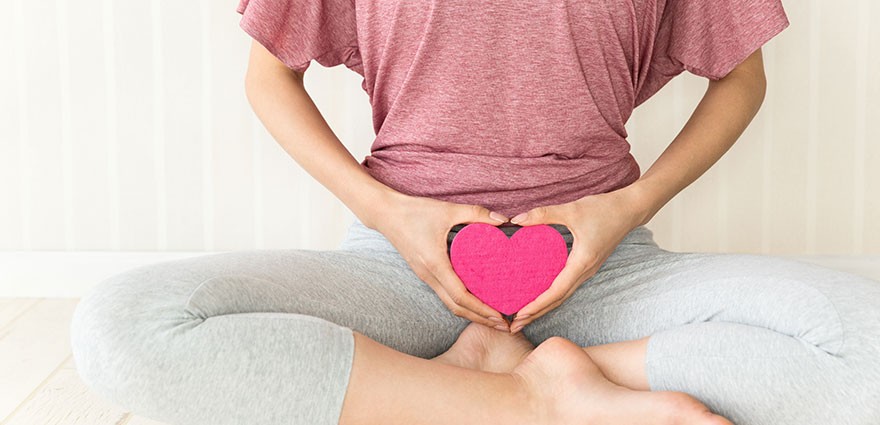
Maintaining a healthy bladder is essential for maintaining overall health and well-being. The bladder is a muscular sac located in the lower
abdomen that stores urine until it is ready to be expelled from the body.
When the bladder is functioning properly, it can store and release urine efficiently, without any discomfort or embarrassment. However, when
the bladder is unhealthy, it can cause a range of problems, including incontinence,
urinary tract infections and kidney damage. It is extremely important to take positive steps towards maintaining a healthy bladder and
prevent these issues from occurring.
When it comes to maintaining a healthy bladder it is important to focus on all areas that have a significant impact. Elements such as
hydration, healthy diet and nutrition, regular exercise and proper hygiene all play a vital role. In addition to this it also important to
understand the role of medications and medical procedures in maintaining a healthy bladder, as well as the importance of seeking medical
attention when necessary.
Let’s explore the top areas to maintaining a healthy bladder.
Hydration:

One of the most important factors in maintaining a healthy bladder is hydration. Adequate hydration is necessary for maintaining the health
and function of the bladder and urinary tract. When the body is dehydrated, the bladder has to work harder to remove waste and toxins from
the body, which can lead to irritation and inflammation. Additionally, a dehydrated bladder is more prone to infections, as bacteria are
more likely to grow in a dry environment.
To maintain a healthy bladder, it is important to drink plenty of water and other fluids throughout the day. The recommended daily intake of fluids varies depending on factors such as age, gender, and activity level, but a general rule of thumb is to aim for at least eight cups of water per day. It is also important to drink fluids that are low in sugar and caffeine, as these can contribute to bladder irritation and discomfort.
In addition to water, there are other fluids that can help to maintain a healthy bladder. Cranberry juice, for example, is known for its ability to help prevent and treat urinary tract infections. Other options include herbal teas and water infused with fruits or herbs.
Diet and Nutrition:
In addition to hydration, a healthy diet and nutrition are essential for maintaining a healthy bladder. The foods that we eat can have a direct impact on the health and function of the bladder. For example, certain foods and drinks can irritate the bladder and contribute to incontinence and other bladder problems. These include spicy foods, citrus fruits, caffeine, alcohol, and carbonated beverages.
On the other hand, there are also foods that can help to support healthy bladder function. These include:
- Fruits and vegetables: These are rich in antioxidants and other nutrients that can help to reduce inflammation and protect the bladder from infections.
- Whole grains: Whole grains are high in fiber, which can help to keep the digestive system regular and reduce the risk of constipation. Constipation can put pressure on the bladder and contribute to incontinence and other bladder problems.
- Lean protein: Lean protein sources such as chicken, fish, and tofu can help to support healthy bladder function.
- Probiotics: Probiotics are beneficial bacteria that can help to balance the microbiome and support healthy bladder function. They can be found in fermented foods such as yogurt, kefir and kimchi.
It is also important to be mindful of portion sizes when it comes to maintaining a healthy bladder. Overeating can put pressure on the
bladder and contribute to incontinence and other bladder problems.
Exercise Frequently:
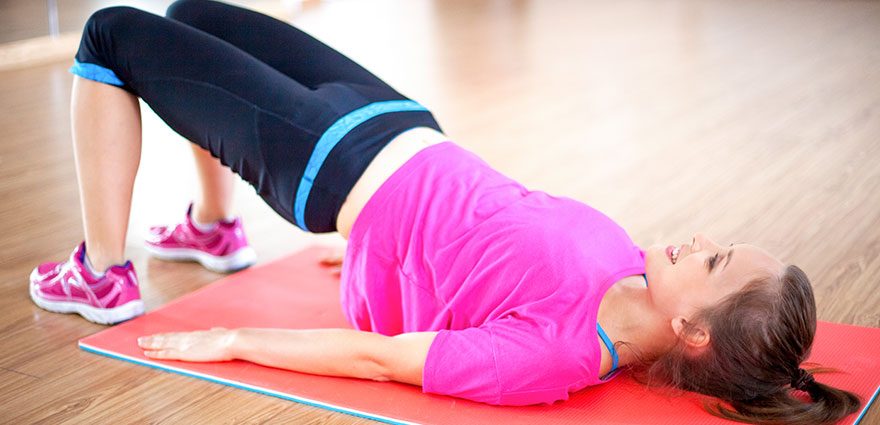
Regular exercise is another important factor in maintaining a healthy bladder and to prevent incontinence. Spending a few hours per week dedicated to exercise can help significantly as it can improve muscle tone in the pelvic area, which can help support the bladder and prevent it from sagging or collapsing. Exercise can help to strengthen the muscles of the pelvic floor, which support the bladder and other organs in the pelvis. For many pregnant women, they can experience incontinence due to a weakened bladder and it is recommended to focus on key pelvic floor exercises to maintain a specific level of bladder strength. There are specialist women’s health physiotherapists (like Revive) who specialise in this area of expertise.
Practice good hygiene:
Proper hygiene is essential for maintaining a healthy bladder. This includes washing your hands regularly, especially before and after using
the bathroom and keeping the genital area clean. Avoid using harsh soaps or perfumed products, which can irritate the skin and disrupt the
balance of bacteria in the urinary tract.
Avoid bladder irritants:
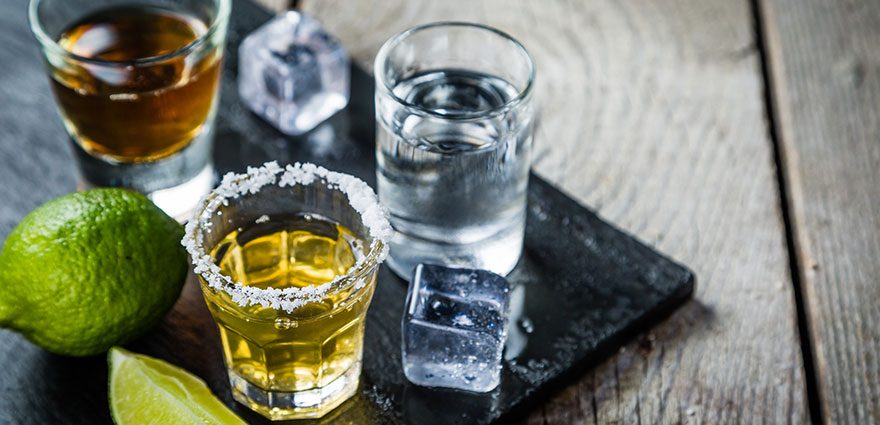
Certain foods and drinks can irritate the bladder and cause discomfort or other problems. These include caffeine, alcohol, carbonated
beverages, spicy foods, and acidic foods such as tomatoes and citrus fruits. It is best to limit or avoid these substances if you have
bladder issues.
Empty your bladder regularly:
It is important to empty your bladder on a regular basis to prevent it from becoming overly full and stretched. Try to urinate every 3-4 hours during the day, and avoid holding it in for long periods of time. If you have trouble emptying your bladder completely, try different positions such as standing, squatting, or leaning forward to help relax the muscles and improve the flow of urine.
Use the bathroom when you feel the urge. If you feel the urge to urinate, try to go to the bathroom as soon as possible. Holding it in for too long can cause the bladder muscles to become overactive and lead to frequent urges and incontinence. On the other hand, if you find that you are using the bathroom too often, it may be a sign of a bladder infection or other issue that needs to be addressed.
Avoid constipation:
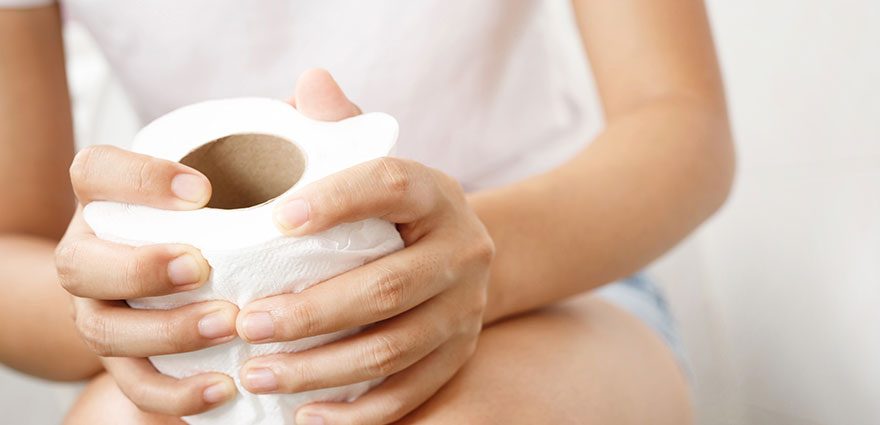
Constipation can cause pressure on the bladder and lead to problems such as incontinence and urinary tract infections. To prevent
constipation, aim for a diet high in fiber and drink plenty of fluids. Eating a high-fiber diet and staying hydrated can help prevent
constipation.
BONUS TIPS:
Wear loose-fitting clothing:
Tight clothing can put pressure on the bladder and make it harder to fully empty your bladder.
Get regular check-ups:
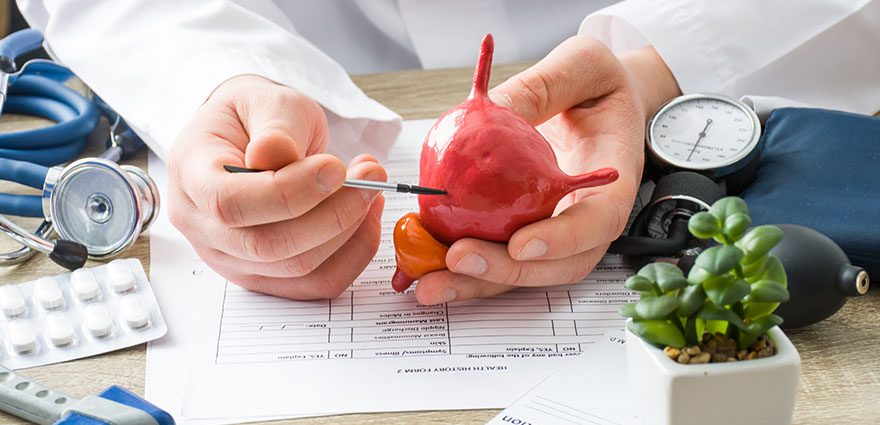
It's important to get regular check-ups with your healthcare provider to ensure your bladder is healthy and to identify any potential issues
early on. Medications or specific medical procedures may be recommended by your doctor if they feel that action in necessary to help.
At Revive, we specialise in using physiotherapy to effectively reduce incontinence. If you are seeking to improve your bladder health through targeted exercise and care, please don't hesitate to contact our team. We would be happy to assist you.
.svg)
.jpg)




